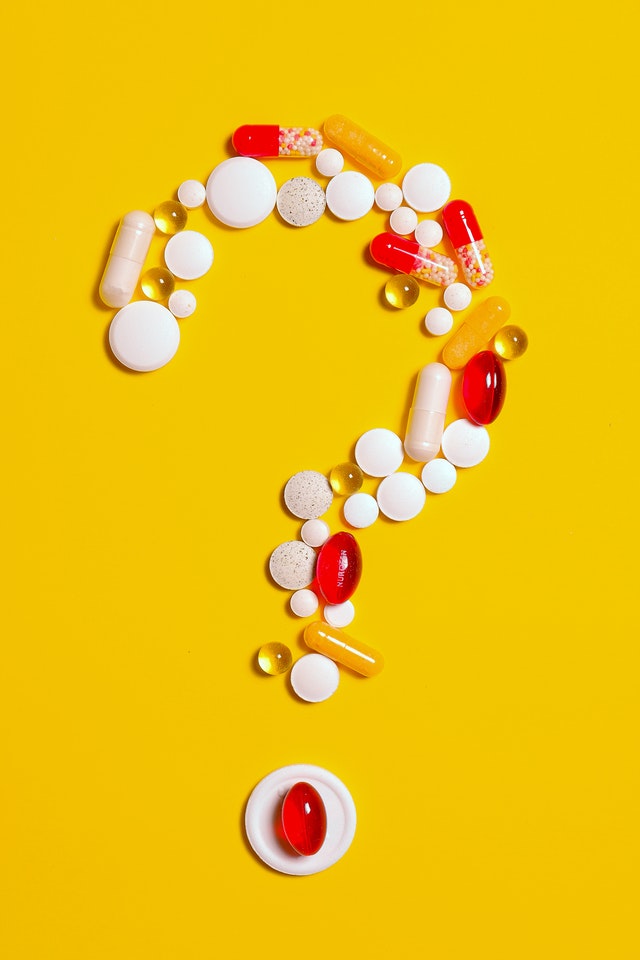
In my practice, I review standard blood pathology with a fine tooth-comb, looking for deficiencies, trends and values that indicate imbalances. More often than not, vitamin B12 (and B9/Folate) is not tested, unless specifically asked for. Remembering that a typical GP is not nutrition trained, they often don’t recognise the significance of this nutrient.
Vitamin B12 is vital in many functions of the body, including the health of red blood cells and DNA replication, together with vitamin B6. Another important function of B12 is in one of the detoxification pathways in the liver, together with B9 (folate) and B6. If the liver cannot detox effectively, toxins and metabolic waste products can build up, causing many symptoms.
Homocysteine is an amino acid that can build up to high levels if the liver is low on nutrients such as B12, folate and B6. High homocysteine levels can increase the risk of cardio vascular events, even in people with low cholesterol levels, and keeping levels in check can be just as important as checking cholesterol levels.
The immune system also uses vitamin B12 for enhancing monocytes to function as phagocytes, which engulf and destroy pathogenic bacteria and foreign debris.
Sources of Vitamin B12 come mainly from animal products such as eggs, beef, chicken, fish and dairy products, with the highest amount found in beef liver. While most of the population eat plentiful amounts of these foods, all too often, their levels are below optimal.
The metabolic process required for extracting vitamin B12, requires adequate stomach acid (HCI), to break apart the protein molecule, bind it to another molecule called intrinsic factor, before it can be absorbed in the small intestine. Without intrinsic factor, the B12 molecule can not be absorbed.
Symptoms of B12 deficiency are many and varied but can include memory loss, weakness, personality and mood changes, clumsiness, falling or incoordination, even paraesthesia. The most common symptom I see together with low vitamin B12 is fatigue, especially getting out of bed in the morning, even when getting a good night sleep. This is most likely due to a dysfunctional liver detox system, which is most active at night.
Mental health issues can also arise from a deficiency in B12 and B6, due to its role in the growth of nervous tissue. Cancer patients are also often low in this nutrient, affecting the normal function of DNA replication and the immune system. The elderly are very often low in B12 due to low stomach acid or repeated antacid use or medications depleting it, leaving them vulnerable to tripping and falling.
Some medications can deplete vitamin B12 including the glucose control drug Metformin, and some diuretics. Another most common explanation for low B12 is low stomach acid, and/or the use of antacids. There is a common misconception that reflux and digestive issues, come from high amounts of stomach acid, when in fact, the opposite is true. Low stomach acid can often be corrected by supplementing with nutrients required for stomach acid production. When stomach acid is low, B12 levels will also be low.
Diet is of course very important, and vegans and vegetarians who don’t eat eggs will struggle to maintain adequate B12 levels from food sources, as the only real plant based source is nutritional yeast or foods that have been fortified with B12.
So the next time you see your doctor, and you are discussing routine blood testing for general health, please consider asking for B12 and Folate to be checked. Be aware also, that the doctor may say your levels are fine, but you should be aiming for levels greater than 500 pmol/mL for B12 and greater than 35 for folate, when seeking optimal health.
